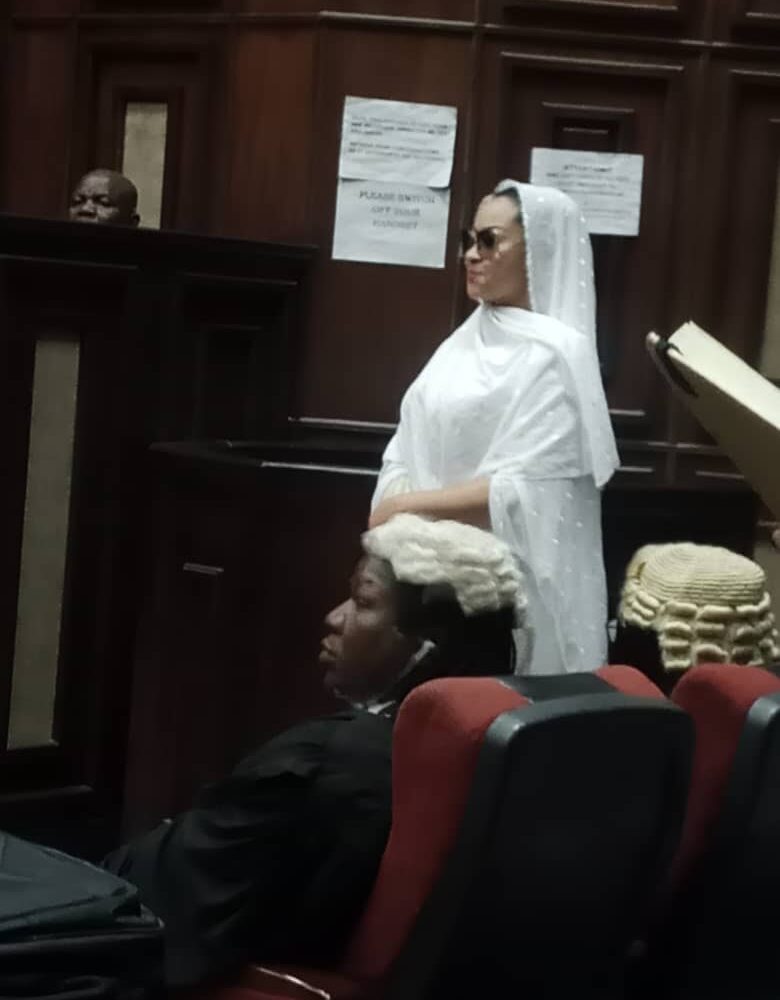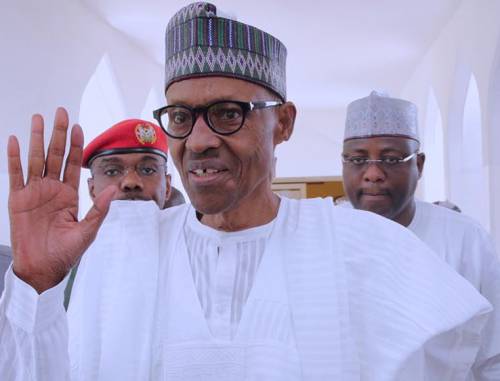The distinguished Senator Muhammed Sani Musa representing the good people of Niger-East introduced a bill titled ‘Protection from Internet Falsehoods and Manipulation and Other Related Matters Bill 2019,’ otherwise known as the ‘Social Media Bill’.
Surprisingly, the distinguished Senator has been accused of plagiarizing the Singaporean social media regulatory Law. This is a rather strange allegation, as it is not supported by law nor any regulation. In this short report, it is expedient to closely examine the concept of plagiarism in order to disabuse the minds of the general public and well-meaning Nigerians as to the import of the Senator’s action.
According to Black’s Law Dictionary, tenth Edition (2014), Plagiarism is defined as “the deliberate and knowing presentation of another person’s original ideas or creative expressions as one’s own; the wrongful appropriation of another’s expression of ideas, or of the ideas themselves, by slight variation of expression”.
Furthermore, dictionary.cambridge.org, defined the concept as the
“process or practice of using another person’s ideas or work and pretending that it is your own”
Deducible from the above quoted definitions of plagiarism, it will not be proper in this scenario to assert that Senator Sani Musa has committed any act of plagiarism.
It is trite that statutes are in the public domain and no copyright attaches to them. How then do you plagiarize a work not protected by copyright? It is pertinent to state that work in the public domain are free for anyone to use. Public domain means work that is not covered by any intellectual property rights at all. A work enters the public domain in different ways, they include; expiration of the copyright, failure to renew the copyright, intentional submission of the work to the public domain and ineligibility of the work to be copyrighted.
Statutes are one of such works that are ineligible to be copyrighted, in other words, it is a type of work that copyright cannot protect.
Commendably, in introducing the bill, the distinguished Senator acknowledged that he is borrowing from a Singaporean experience in respect of similar law. It is common practice for Nations to model their laws after that of other Nations. Historically, Nigerian laws have had the trials of being adopted or modeled after pre-existing laws from other Nations. Many of our laws remain as they were enacted and imported to us by our colonial masters with little or no changes at all made to them. To further demonstrate this it is important to specifically mention a few of such laws. The Constitution of Federal Republic of Nigeria 1999 (as amended) which is the grundnorm is modeled after the American and Indian Constitutions which practice presidential system.
The penal code of Northern Nigeria, enacted in 1959, was based on the Penal Code of Sudan, enacted in 1899, which in turn was based on the Indian penal code drafted by Lord Macaulay between 1833 and 1837, and brought into force in 1860.
In the same vein, the criminal code applicable in Southern Nigeria is derived from the Australian Queensland Criminal Code of 1899.
Conversely, on many occasions, the United Nation has introduced a model law especially in the areas of arbitration for Nations to adapt and adopt. The Nigerian Arbitration and Conciliation Act 2004 is a model replica of the model law.
Assuming but not conceding that laws can be copyrighted, the distinguished Senator has not claimed originality by acknowledging the fact that it is in operation in Singapore.
It is therefore, an abuse of terminology to accuse the distinguished Senator of plagiarism, rather he should be commended for extending his research into laws of other Nations, especially Nations that have similar issues with Nigeria and a good example is Singapore, a Nation that has surpassed Nigeria.
By Talatu Bello





